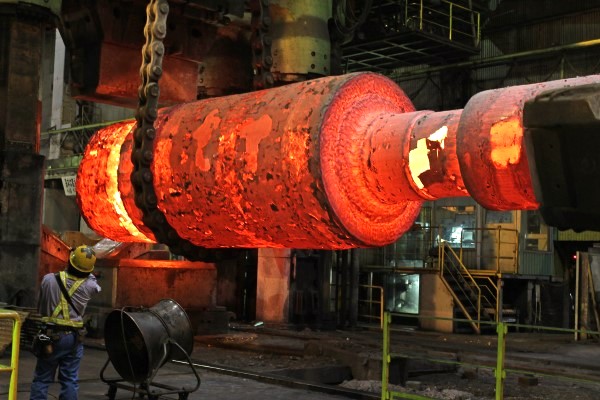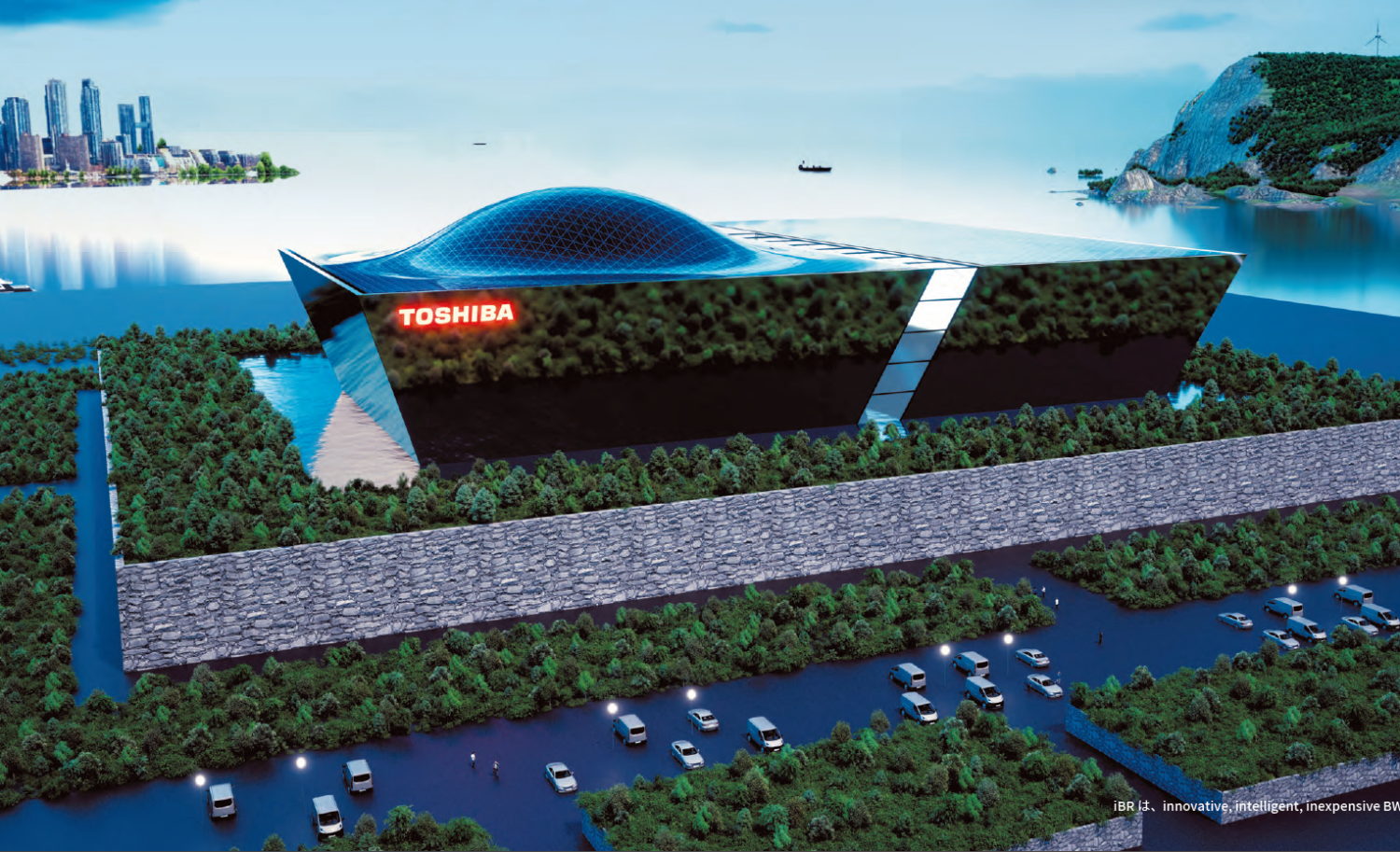The firm sees the project as a growth engine by which sales will increase to JPY300 billion (USD2.9 billion at USD1=JPY104) by fiscal 2030 through the creation of new businesses in the energy and environmental fields.
In an explanatory meeting, Kentaro Hosomi, head of energy systems at MHI, outlined a course of actions under the project for reaching its goal of carbon neutrality by 2050, the first step being to reduce CO2 emissions through the decarbonization of thermal power and nuclear power systems.
Included in that, he said, was the utilization of hydrogen, an effort in which the MHI group is vigorously involved. One possibility, in cooperation with industries overseas, is using high-temperature gas-cooled reactors (HTGRs) to produce hydrogen on a massive scale, stably, and supplying it to the steel manufacturing industry.
Also speaking at the meeting, Akihiko Kato, head of MHI’s nuclear energy systems division, started out by stressing that nuclear power would remain essential in order to achieve “2050 carbon neutral.”
He next talked about the company’s responses to the diversified needs of society, particularly the plans of the nuclear industry for decarbonization, including the development and practical application of small reactors, HTGRs and fast reactors, as well as participation in the International Thermonuclear Experimental Reactor (ITER) Project. Those are all in addition to promoting the restart of Japan’s existing nuclear power plants (NPPs).
Most immediately, he said that major maintenance work, including the replacement of steam generators (SGs), would be carried out systematically to enhance safety and stability in plant operations, given the extension of the permitted operating lifetime of the country’s nuclear reactors to sixty years.
The company will also continue its endeavors on the nuclear fuel cycle by completing the Rokkasho Reprocessing Plant and the MOX Fuel Plant as soon as possible, as well as designing and manufacturing spent fuel casks usable for both shipping and storage.
Also, Kato said that his firm, toward the future, was promoting R&D of next-generation light water reactors (LWRs) offering good economy and safety, aiming at putting them into service in the mid-2030’s.
Emphasizing MHI’s commitment, he closed by saying, “As a leading company in the nuclear industry, we will make steady efforts to fully realize decarbonization.”











